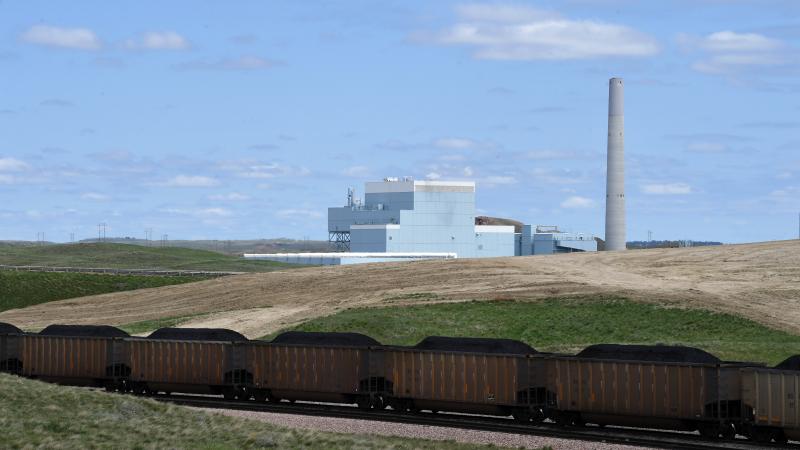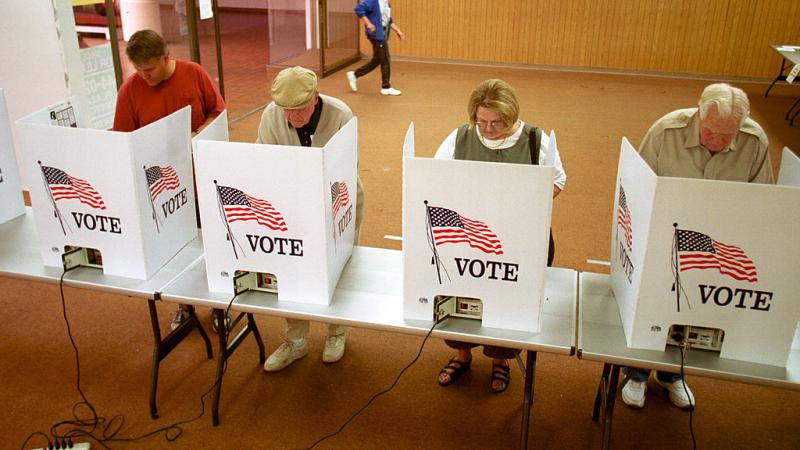Dems score some green energy wins in debt deal, unclear if McCarthy clawed back big tax breaks
Multiple sources report no cuts to the hundreds of billions of dollars in green energy investments outlined in the Inflation Reduction Act.
Progressive Democrats pushing their green energy agenda during the debt ceiling negotiations are claiming at least some partial victories in the tentative deal struck this weekend between President Biden and House Speaker Kevin McCarthy.
Hundreds of billions of dollars in clean energy spending they included in their 2022 Inflation Reduction Act will remain in the agreement, according to several news reports Sunday, though neither side has officially announced specifics.
In other potential wins for green energy Democrats, McCarthy, a California Republican and the lead congressional negotiator in the debt ceiling talks, reportedly promised Biden he would pursue ways to speed up energy projects.
He also pledged to Biden he would continue working with the White House and Democrats, saying “because we need energy – all forms of energy, especially for our grid."
The deal also reportedly includes a lead agency to shepherd an energy project's environmental review, according to E&E News. And it includes language to address storage for renewable energy development.
In addition, Democrats say, the White House did not giving in on requiring judicial reviews for energy projects.
House Republicans recently passed a budget bill – the Limit, Save, Grow Act – to serve as the foundation for their requests for spending cuts in exchange for agreeing to raising the debt ceiling.
The bill aims to save as much as $5 trillion over the next decade in part by repealing tax breaks for green energy in the Inflation Reduction Act, which by some estimates is projected to cost as much as $1.2 trillion.
"While Democrats are fighting for wealthy, corporate elites, Republicans are fighting for reliable energy and middle-class Americans by repealing tax breaks for unreliable 'green' energy, Texas GOP Rep. Chip Roy said in a recent opinion essay in the Washington Examiner.
"The Energy Information Administration estimates the Inflation Reduction Act could make wind and solar account for 60% of electricity generation by 2050, killing reliable energy in the process. Our grid is unreliable as is, and wind and solar only made up 12% of it in 2021. To chain ourselves to 'renewables' would be a death sentence for energy affordability," he also wrote.
Congress is set to begin voting on the deal Wednesday when members return from the Memorial Day recess.
Follow Addison on Twitter.
















